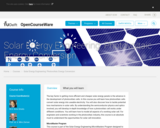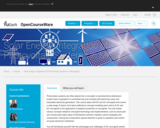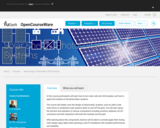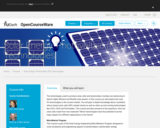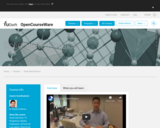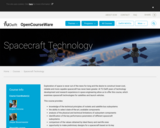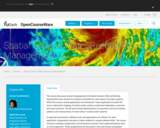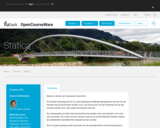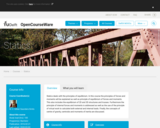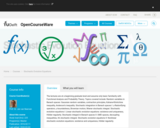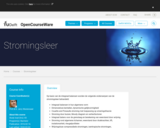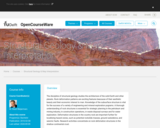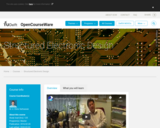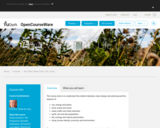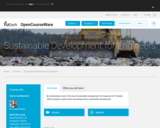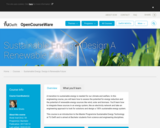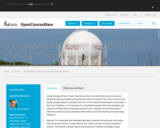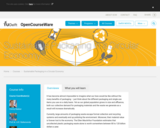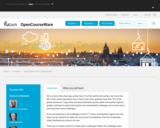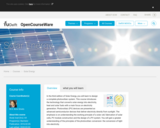
The course Solar Energy will teach you to design a complete photovoltaic system. The course will introduce you to the technology that converts solar energy into electricity, heat and solar fuels with a main focus on electricity generation. Photovoltaic (PV) devices are presented as advanced semiconductor devices that deliver electricity directly from sunlight. The emphasis is on understanding the working principle of a solar cell, fabrication of solar cells, PV module construction and the design of a PV system. You will understand the principles of the photovoltaic conversion (the conversion of light into electricity). You will learn about the advantages, limitations and challenges of different solar cell technologies, such as crystalline silicon solar cell technology, thin film solar cell technologies and the latest novel solar cell concepts as studied on lab-scale. The course will treat the specifications of solar modules and show you how to design a complete solar system for any particular application. The suitable semiconductor materials, device physics, and fabrication technologies for solar cells are presented. The guidelines for design of a complete solar cell system for household application are explained. Alternative storage approaches through solar fuels or conversion of solar energy in to heat will be discussed. The cost aspects, market development, and the application areas of solar cells are presented.
- Subject:
- Applied Science
- Engineering
- Material Type:
- Full Course
- Provider:
- Delft University of Technology
- Provider Set:
- Delft University OpenCourseWare
- Author:
- Dr.ir. A.H.M. Smets
- Date Added:
- 02/05/2016
